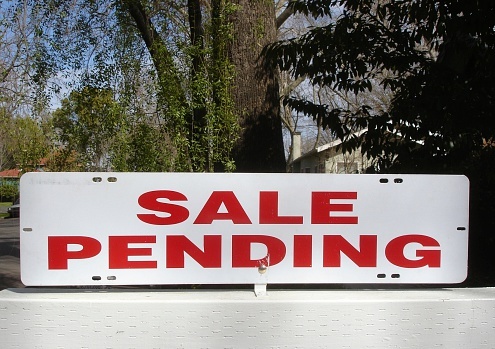
Buying a house is no instantaneous process. It takes time to find a house, make an offer, close, and finally move. Once you get to making that offer and getting that offer approved, there’s two things you should do before closing. Namely get an inspection and get homeowners insurance. Both will ensure that your new home is safe and will stay this way for as long as you live there.
- Primary Inspections: There are three main types of inspections you should book for your future home: a home inspection, pest inspection, and plumbing inspection.
- Home inspection: This type of inspection protects you from buying a house with serious, or even dangerous, problems. It is important to make your purchase offer contingent on a home inspection, that way if there is a serious problem, you the buyer, can walk away without penalty. If further inspection is warranted, this will also allow you to call the proper type of professional. Following the home inspection, it’s important to discuss repairing any minor issues (should they turn up) with the seller. A typical inspection should cover the roof, heating, plumbing, air conditioning, and wiring. On average, this will cost $250-$500.
- Termite/Pest Inspection: Pest inspections are usually done by someone who specializes in the field, rather than by a home inspector. This inspector will check the home to see if there is damage from termites or other creatures.
- Plumbing Inspection: This type of inspection is important because it will locate any and all broken, offset or collapsed pipes; corrosion or rust build up; separated or leaking connections; and root intrusion.
- Additional Inspections: For those who purchased a house with a pool, it’s a good idea to schedule a pool inspection prior to closing. This specialty inspector will look at the pool’s filter, pumps, and heater to assure that everything is functioning properly.
- Insurance: As part of the underwriting process, your home will be appraised. This gives you a good stepping-stone to start looking for insurance. Remember that your mortgage lender is unable to close on your loan until you have sufficient insurance coverage on your new property. You have several options to choose between when selecting your homeowners insurance:
- Replacement-Cost policy: This policy covers the current cost to replace your home. This type of policy is usually about 10% more than a cash-value policy, but it will cover the cost of rebuilding. This policy is good for people that own homes with special decorative features.
- Extended Replacement Cost policy: This type of policy covers costs up to a certain percentage over the limit—usually by about 20 percent. It gives you protection against things such as a sudden increase in construction costs.
- Liability policy: The liability policy covers any accidents that may occur during construction. If a contractor slips and breaks his leg on site, for instance, the liability policy will have you covered.
By purchasing homeowners insurance and scheduling all property inspections, you are sure to prevent any future surprises with the property. For more information on the steps to take after you’ve bought a house, contact one of our mortgage specialists today!


